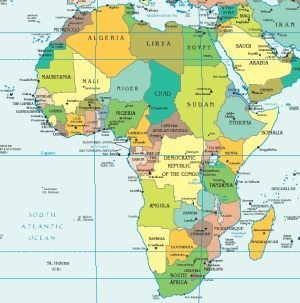 ERP is called business planning systems that manage production, distribution and other aspects of a company.
ERP is called business planning systems that manage production, distribution and other aspects of a company.
ERP is an acronym that stands for "Enterprise Resource Planning", or "Enterprise Resource Planning". This practice has to do with the management of the different resources, businesses, aspects and productive and distributive issues of goods and services in a company.
They are often referred to as 'back office', the inverse of 'front office', insofar as the former deal with internal administrative aspects, while the latter refers to software or operations related to customer service and the general public.
An ERP system in an institution would typically take care of managing production, logistics, sales, distribution, inventory, deliveries, billing, and accounting, among other things. For this, different software can be used that facilitate the organization of data, communication with the different interlocutors, the recording of operations and the preparation of reports.
To be considered as such, an ERP has to fulfill the following attributions: be comprehensive (manage all aspects of a company), be modular (divide its aspects according to the different departments of the company), and be adaptable (that is, adapt to the particularities of each institution).
Currently, an ERP system is used in all types of companies. Not only at the level of the production and finance department, but they are also considered in aspects of technology, human resources, marketing and strategic administration. This type of software or system can centralize the operations and information of the entire company, facilitating work among peers, solving problems and reaching satisfactory and accurate conclusions.
Most ERP programs are expensive and sometimes not easily customizable. However, there are alternatives. Some free software ERPs, that is, that can be used without restrictions are, for example, AbanQ, Openbravo, OpenERP and GNUe.









